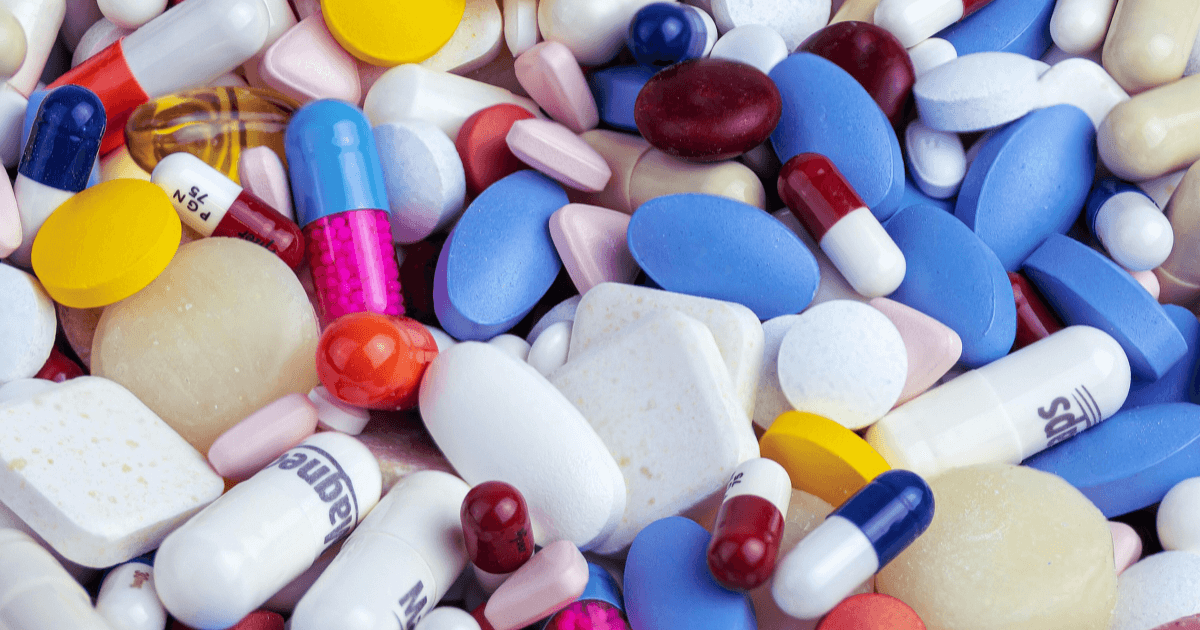Overuse of this class of medications can cause kidney damage, and kidney patients are more likely to experience its side effects.
Non-steroidal anti-inflammatory drugs (NSAIDs) are the most common pharmacological options for pain management, although their use is questionable in many viral diseases like COVID-19, Dengue, and Chikungunya. Newer studies suggest limiting their use in such cases and also reinforces more careful considerations in patients with liver and kidney injuries or concurrent administration with other drugs/nutraceuticals such as antioxidants or SSRIs.
NSAIDs are considered the mainstay of current therapies for viral arthropathies, albeit they frequently only offer partial relief. Numerous studies have documented widespread abuse of NSAIDs among COVID-19, Dengue, and Chikungunya patients. NSAIDs can be used to treat severe arthralgia, however the World Health Organization (WHO) advises against doing so in suspected Chikungunya patients until it has been determined that they do not have dengue. Acetaminophen is recommended by consensus guidelines for treating Dengue fever from the WHO and US Centers for Disease Control and Prevention (CDC), although NSAIDs are contraindicated due to a possible increase in bleeding risk, which could result in thrombocytopenia as a side effect.
Fatality and Catastrophe Investigation
NSAIDs are responsible for at least 165,000 deaths, 650,000 hospitalizations, and 30% of ADR-related hospital admissions worldwide, primarily as a result of bleeding, heart attacks, strokes, and renal impairment. Furthermore, overuse of this class of medications can cause kidney damage, and kidney patients are more likely to experience its side effects. This is especially important because clinical experience and publications have shown that kidney involvement occurs in up to 75% of COVID-19 patients. Similarly, obese, elderly, and liver-compromised COVID-19 patients are at a higher risk of hospitalization/ICU admission. In addition, liver injury and abnormal liver function were reported in nearly one-fourth to half of the hospitalized or recovered COVID-19 patients. Acetaminophen and antibiotics were the most commonly reported drugs for liver injury among hospitalized patients. Liver function tests should be performed among these types of hospitalized patients before prescribing NSAIDs and Acetaminophen.
Cardiovascular Complications
The most common pre-existing comorbidities in fetal cases of COVID-19 and Chikungunya patients were hypertension or cardiac involvement. NSAIDs have a number of potentially harmful effects on immune function and interact with a number of drugs used in patients with cardio or cerebrovascular disorders: They reduce the effects of diuretics, beta-blockers, ACE inhibitors, and Angiotensin II receptor type 2 (AT-2) blockers, resulting in uncontrolled hypertension or worsening of heart failure.
Interactions with Commonly Prescribed SSRIs
Sleep disturbance is reported in nearly 40% of COVID-19 patients and 30% to 60% of Chikungunya patients (due to severe arthropathy). Benzodiazepines are not recommended for COVID-19 patients who are taking antiviral medications because they increase the risk of delirium and respiratory depression. Physicians should be aware, however, that concurrent use of Selective Serotonin Reuptake Inhibitors (SSRIs) and NSAIDs was associated with a 75% increased risk of upper Gastrointestinal (GI) bleeding and should advise patients accordingly if they choose to use SSRIs for the same. This is deeply worrying because NSAIDs are commonly taken daily, if not multiple times per day, whereas SSRIs are typically prescribed for daily use.
Pain attenuation therapy, especially with NSAIDs, is essential in the care of outpatients with early symptoms of COVID-19.
Recommendation
Maintaining body hydration is more important than lowering temperature with painkillers, especially in Dengue or COVID-19 patients. Using too much Acetaminophen syrup or suppositories in children may irritate the stomach, preventing proper digestion, causing vomiting, and even necessitating hospitalization. With a few exceptions, the majority of hospitalizations or ICU admissions among those people could be avoided simply by avoiding dehydration at home with saline and fruit juice or by simply drinking more water.
Some recent studies warrant concurrent administration of antioxidants and omeprazole along with NSAIDs in COVID-19 patients, which needs further investigations, of course.
Resistance training with NSAIDs, in conjunction with professional guidance, is strongly advised for post-COVID and Chikungunya pain-discomfort management. Both of these patients are advised to use mindfulness-based therapies to manage their insomnia.
NSAIDs are not recommended in the treatment of Dengue fever. In addition to daily follow-up, Dengue patients who are being followed as outpatients should be counseled on appropriate home care and recognizing warning signs that warrant an earlier return to the clinic for re-evaluation. Acetaminophen, in addition to tepid sponging, is recommended for fever relief.
Finally, it is suggested that pain attenuation therapy, especially with NSAIDs, is essential in the care of outpatients with early symptoms of COVID-19. Co-administration of NSAIDs with low-dose systemic corticosteroids has been recommended in patients with Chikungunya to relieve pain and improve quality of life, but only if the benefits outweigh the risks. Other comorbid circumstances should be carefully considered in both of these cases.
In reality, prevention techniques are most efficacious against most contagious diseases. Along with them, non-drug treatment options for patients with viral diseases should be explored after careful consideration of the patients’ comorbidities. Modern medicine places a greater emphasis on patient care and drug counseling. And, as with any drug, exercise caution before using it because none of them are without side effects. To regain body fitness, improve immune function, and improve quality of life, proper body workout, patient counseling for encouragement, maintaining hydration, and nutritious food intake are required.
Composed by: “Abdul Kader Mohiuddin is an alumni of Alumni, Faculty of Pharmacy, Dhaka University.”

